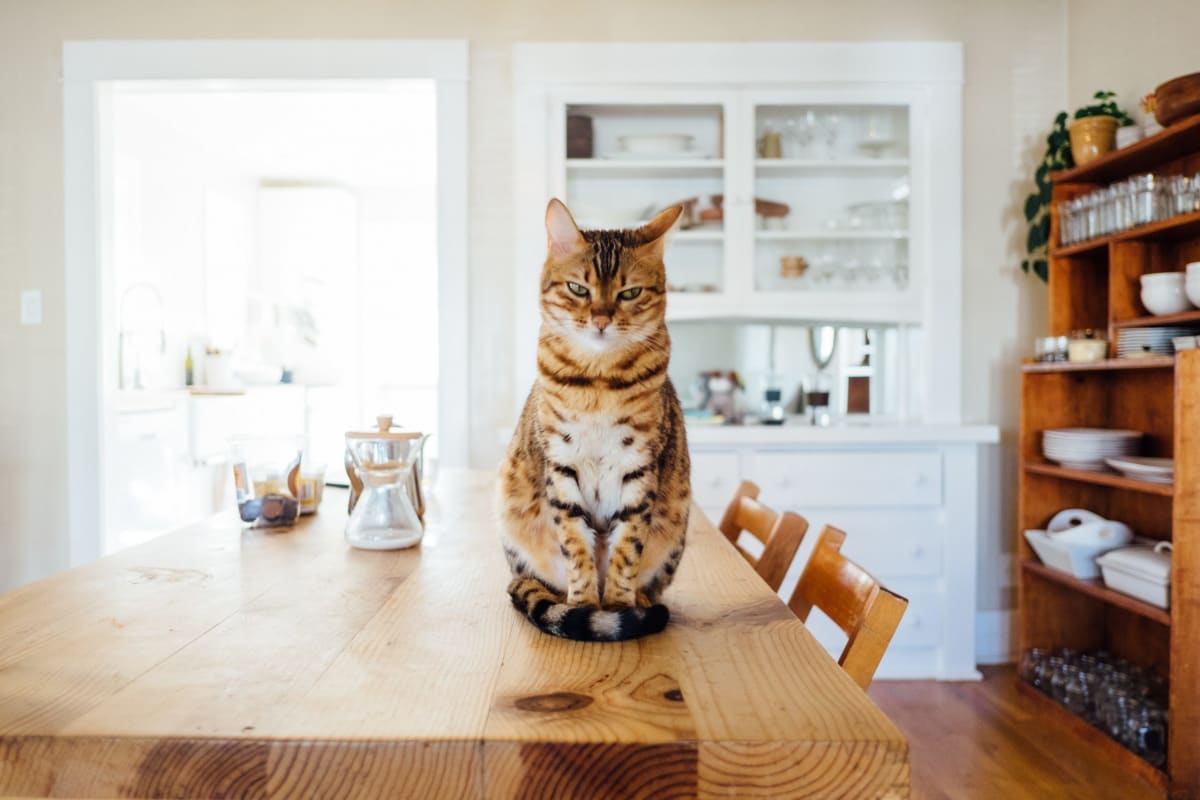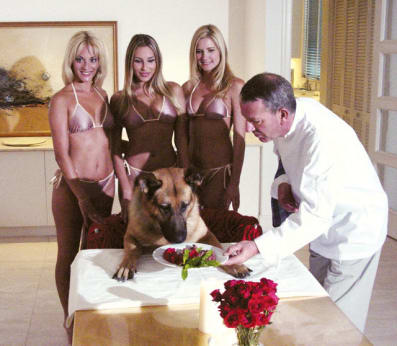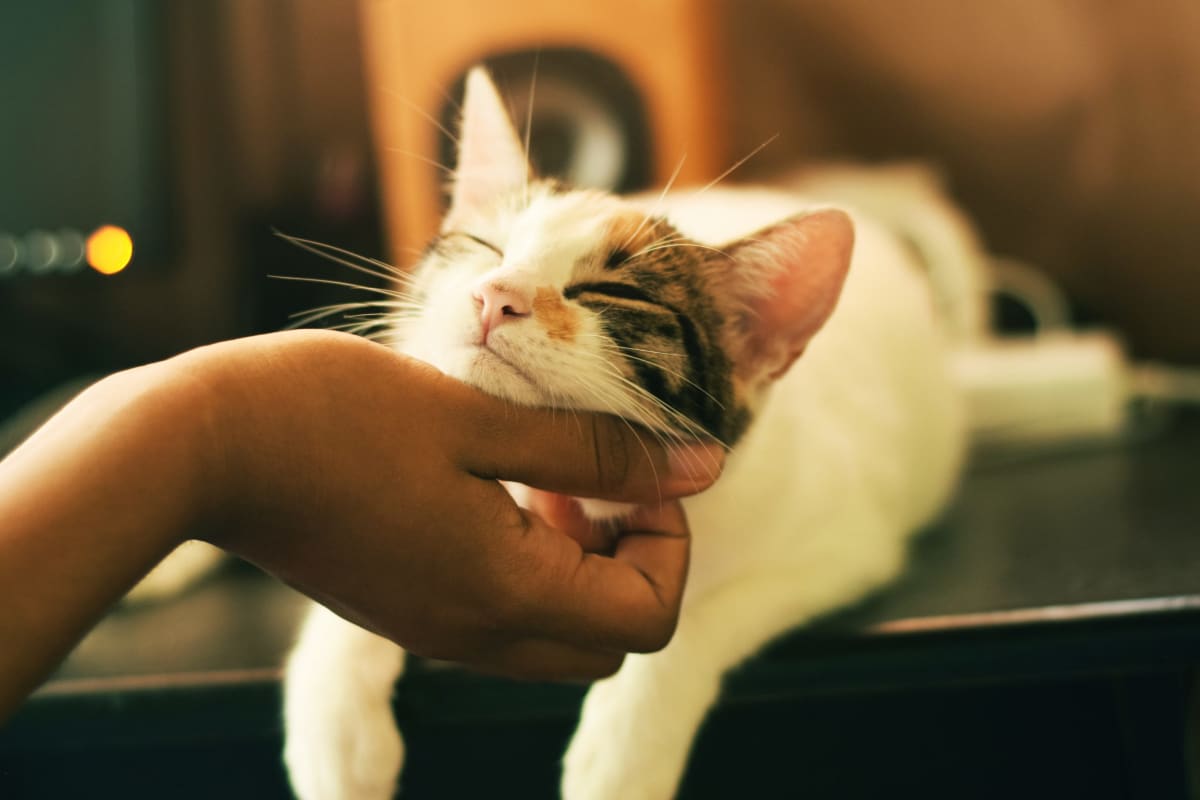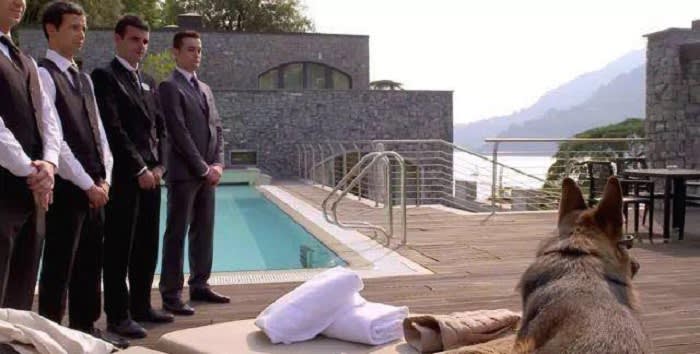
What’s the best reason to make a will? To protect your family? Safeguard a legacy? Or is it, perhaps, to cause a little mischief?
If you’re leaning towards that last reason, you’re not alone: there’s no shortage of bizarre bequests on record. So, to inspire you and celebrate the launch of our own free online will service, we’ve put together a round-up of the weirdest wills we could find.
Then again, perhaps you too would like …
To be cremated and kept in a Pringle tube
Once you pop, you just can’t … think of a better final resting place? Fred Baur invented the original Pringle tube – and was so proud that he used his will to request that he be cremated and buried in one. Baur’s children say they obliged:
“My siblings and I briefly debated what flavour to use … but I said, ‘Look, we need to use the original.’” – Fred’s son Larry Baur.
Obviously.
To disinherit your son if he ever grows a mustache

Mr Henry Budd hated moustaches. A lot. So much, in fact, that he left a note in his will specifying that if either one of his sons grew a ‘tache, they would immediately forfeit the right to inherit Budd’s £200,000 estate.
“In case my son Edward shall wear moustaches, then the devise herein before contained in favour of him, his appointees, heirs, and assigns, of my said estate called ‘Pepper Park’, shall be void.” – Henry Budd.
Luckily for Henry, he died in 1862, thereby missing out on the recent facial hair renaissance in his hometown of Brixton.
To give £26,000 to Jesus Christ – if He can prove His identity
Norman Earnest Digweed’s 1897 will promised a substantial reward to Jesus Christ upon his return … on the condition that He convince the executors of the estate that He’s the real deal. We’re guessing that a beard and robes wouldn’t have cut it.
To pass on $50,000 for the Zink Womanless Library

Iowa lawyer TM Zink disliked women with such intensity that he left $50,000 in a trust to fund the “Zink Womanless Library”. Stocked solely with books written by men, the library was to have “No Women Admitted” signs at every entrance.
“My intense hatred of women is not of recent origin or development nor based upon any personal differences I ever had with them but is the result of my experiences with women, observations of them and study of all literatures and philosophical works.” – TM Zink.
Sadly for Zink and bookish misogynists everywhere, his family contested the will after his death in 1930 and the library has yet to appear.
To request a fitting funeral for the “King of Smokers”
Affluent Dutch tradesman Mr. Klass was known as the “King of the Smokers” in his lifetime. So when it came to writing his will, it’s perhaps unsurprising that he made a few smoke-related requests. More than a few, in fact:
- that all the smokers in the country be invited to his funeral;
- that everyone at his funeral be given memorial pipes engraved with his name, plus tobacco;
- that the pipes be kept alight throughout the funeral service, then emptied out onto the coffin;
- that his oak coffin be lined with the wood of his cigar boxes; and
- to be buried with his favourite pipe, along with a box of matches, a flint, steel and some tinder, as “there was no knowing what might happen”.

To be turned into a nifty drum kit
In 1871, hatmaker S Sanborn’s will turned out to include a bizarre request: that two drums were to be made from his skin and given to a friend. Sanborn also specified that the friend was to use the drums to play “Yankee Doodle Dandy” on Bunker Hill every year on June 17th.
To be turned into a Frisbee
Think you’re a hardcore Frisbee fan? You’ll never out-fan “Steady” Ed Headrick, the inventor who not only perfected the Frisbee, but also chose to become one. Headrick used his will to request that his ashes be placed inside a limited run of Frisbees for friends and relatives.
“When we die, we don’t go to Purgatory. We just land up on the roof and lay there.” – Ed Headrick.
The will states that any left-over memorial Frisbees be sold to raise funds for a Frisbee museum. In fact, if you want to help Ed out, you can buy one of your own here.
To be contacted via an annual séance
Famous magician Harry Houdini died on Halloween, so it’s perhaps fitting that his will was a little bit creepy. Houdini requested that his wife hold a séance each year on the anniversary of his death to check whether he could contact her from beyond the grave.
So far, so spooky. But (being a lifelong sceptic and dedicated debunker of fraudulent mediums) Houdini also gave his wife a secret 10-letter code so that she could make sure it was really him. So far, no luck, although Houdini fans are still trying.
To leave $750,000 to the winner of the “Great Stork Derby” …

Eccentric Canadian lawyer Charles Vance Millar became posthumously famous when he bequeathed the residue of his estate to “the Mother who has since my death given birth in Toronto to the greatest number of children.”
This unusual bequest might have been forgotten by time, were it not for the fact that shares worth $2 at the time of Millar’s death in 1926 skyrocketed in value. By the time the deadline was reached, the estate was worth a life-changing $750,000: about $10.7 million in today’s money.
The media dubbed the bequest “The Great Stork Derby”, and the race was followed avidly until it ended in a tie between four women with nine children each.
… and pull other pranks
Charles Vance Millar’s will included other mischievous bequests. A Jamaican holiday home was given to three lawyers who notoriously hated each other. Highly valuable Ontario Jockey Club shares were bequeathed to men who had been vocally opposed to racetrack betting. Catholic brewery shares were given to anti-drink Protestant ministers.
Beneficiaries agonising over whether they should accept these “immoral” bequests would eventually come up against a final catch: most of the shares were worth very little – or weren’t owned by Millar in the first place.
To build an epic mansion for cats
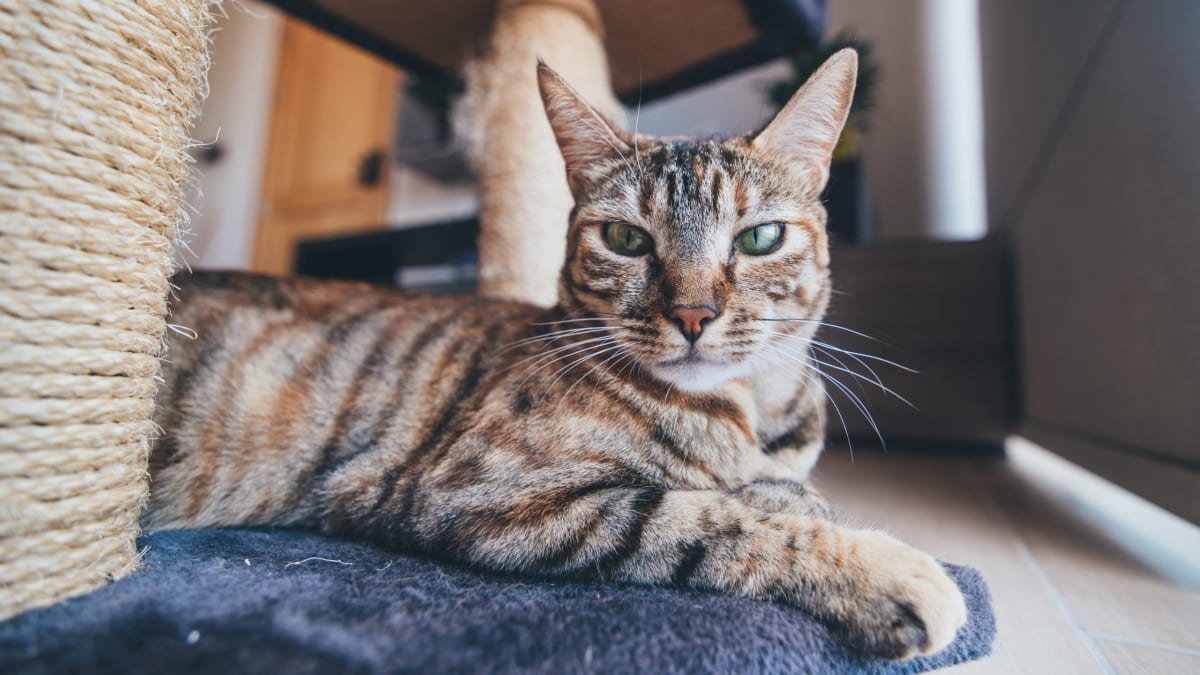
How much do you love your cat? Enough to provide for them in your will? Probably. Enough to leave money for the construction of an elaborate cat mansion?
Again, probably – but not everyone has the means.
In the late 19th century, Jonathan Jackson did: he set aside considerable funds in this will for the creation of a huge “cat house”.
The sprawling feline estate was to include bedrooms, a dining room, exercise grounds, rat holes for sport, and an auditorium where the cats could listen to “accordion music”, which as everyone knows is the preferred music of cats.
To give your cat imported baby food and an arranged marriage
Dusty Springfield’s pet cat Nicholas was less lucky. The “I Only Want to Be with You” singer stated in her will that the 13 year old feline was to be fed only on imported British baby food.
Slightly more appealing purrks of this unusual arrangement were: a “7-foot indoor tree house” lined with scratch pads and catnip; a daily serenade of some of Springfield’s greatest hits; and “marriage” to a younger female cat owned by Nicholas’ new guardian.
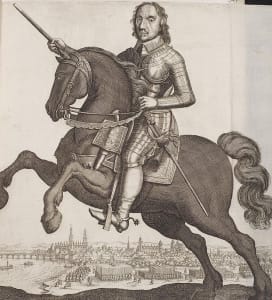
To give someone a ye olde insult
The fifth Earl of Pembroke used his 17th century will to take a sly jab at Cromwell:
“I give to the Lieutenant-General Cromwell one of my words … which he must want, seeing as he hath never kept one of his own.” – Philip, fifth Earl of Pembroke.
Ouch.
To be used as a stage prop in Hamlet
Dying to tread the boards? You wouldn’t be the first. In the mid-19th century, veteran stagehand John “Pop” Reed successfully bequeathed his skull to the Walnut Street Theatre in Philadelphia for use in the famous “Alas, poor Yorick” scene in Hamlet:

“My head to be separated from my body immediately after my death; the latter to be buried in a grave; the former, duly macerated and prepared, to be brought to the theatre, where I have served all my life, and to be employed to represent the skull of Yorick—and to this end I bequeath my head to the properties.” – John Reed.
Reed was not the last person to make this slightly macabre bequest. Audiences who went to the Royal Shakespeare Company’s production of Hamlet in 2008 were later surprised to learn that Yorick had been “played” by famous Polish concert pianist André Tchaikowsky.
But not every bequest has to be followed. In life, actor Jonathan Hartman never made it into an RSC production. So, he too bequeathed his skull to the company … and was turned down. As the Independent noted at the time, “Even after death a rejection slip awaits Mr Hartman.”
To keep the house ready for your reincarnation
Vermont tanner John Bowman believed strongly in reincarnation – so strongly, in fact, that he left a $50,000 trust to keep his mansion ready for his return.
The 1891 will stipulated that a meal for four was to be served each night in case Bowman and his family were peckish after their journey from the other side. This clause was apparently upheld until 1950, when the money ran out.
To hand over your birthday

Treasure Island author Robert Louis Stevenson bequeathed 12-year-old Annie Ide something worth more to her than gold: his birthday.
Knowing that Ide (perhaps understandably) hated having a birthday on Christmas Day, and having “no further use for a birthday”, Stevenson gave her his own. Stevenson did have conditions, however:
“I charge her to use my said birthday with moderation and humanity … the said birthday not being so young as it once was and having carried me in a very satisfactory manner since I can remember.” – Robert Louis Stevenson
Were Ide to contravene these terms, the birthday would pass to the President of the United States “for the time being”. Luckily, she never did, and the birthday is still in the family today.
Ready to make your own?
Not every will needs to be this complicated. With our online will service, you can make a simple will online in just 10 minutes. That’s less time than it takes to make a sandwich (a good one, at least).
Do you have a weird will story? We’d love to hear it. Tell us in the comments below.


